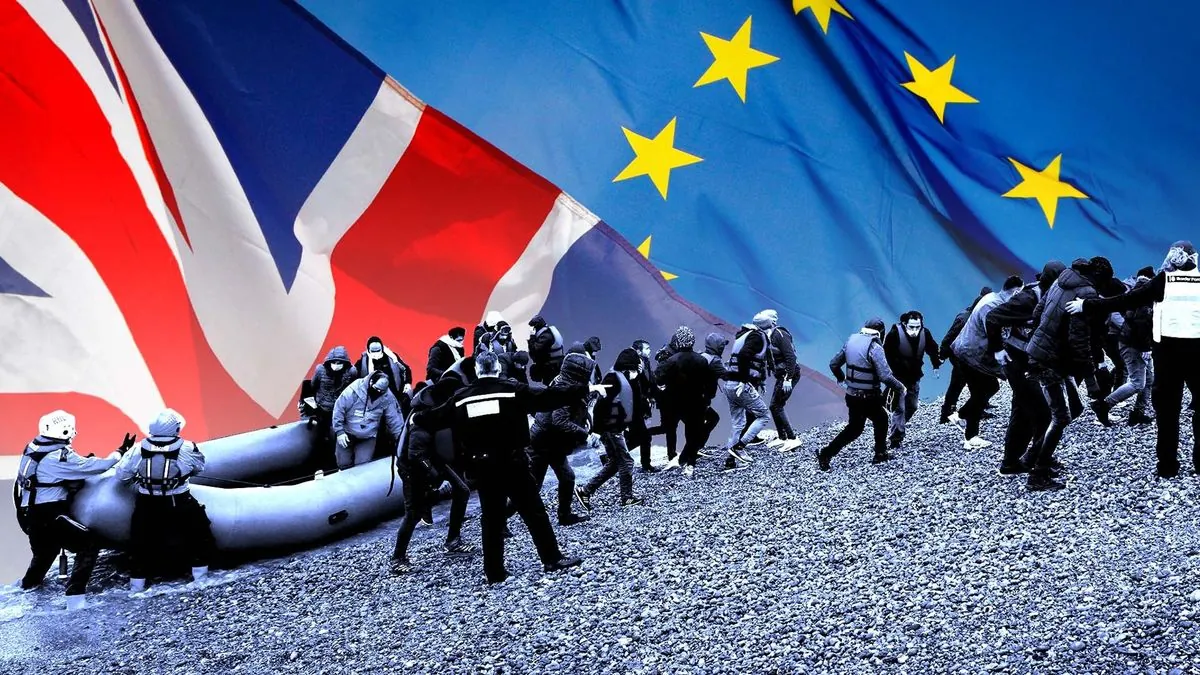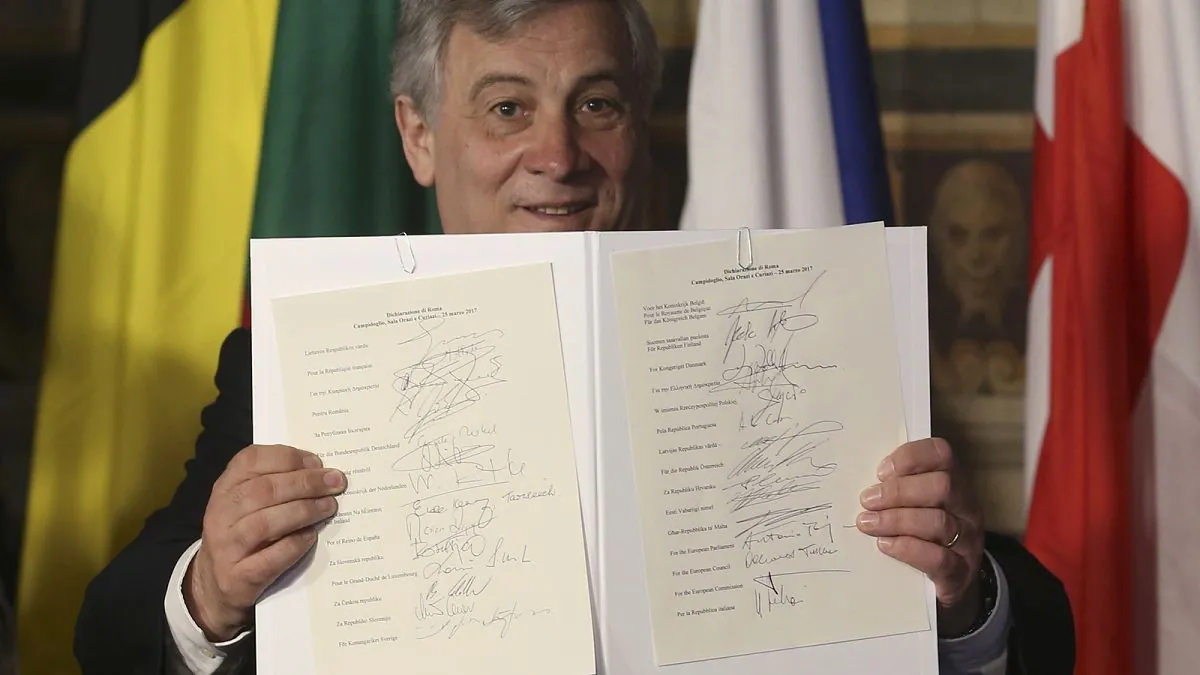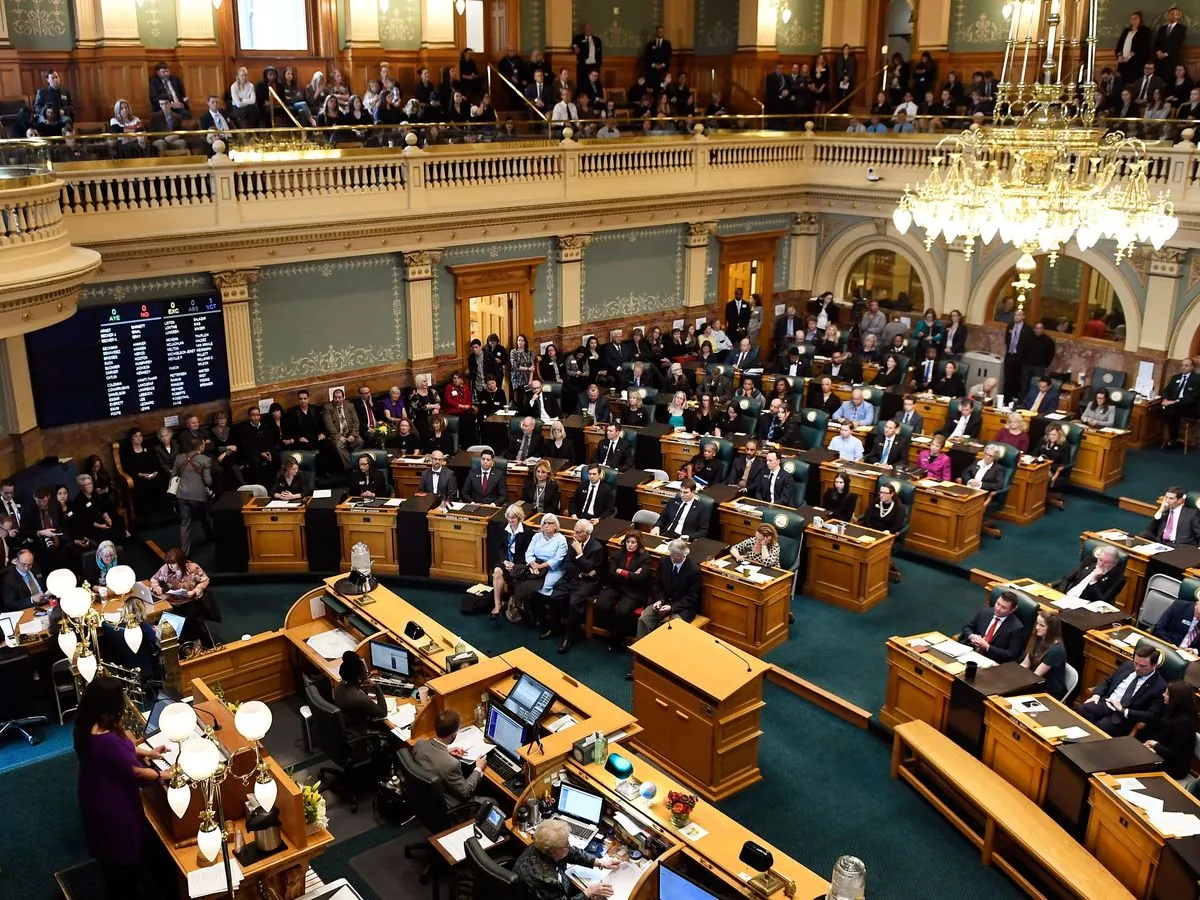17 European Nations Demand Stricter EU Migration Rules
Seventeen European countries have called for tougher EU regulations on returning irregular migrants, ahead of a crucial summit. The move reflects growing political pressure for stricter border controls across the continent.

In a significant development, seventeen European nations have jointly appealed to the European Commission for more stringent regulations concerning the return of irregular migrants to their countries of origin. This collective action, occurring just one week before a pivotal summit where migration is expected to be a key topic, underscores the growing political pressure for tighter border controls across Europe.
The appeal, in the form of a letter, was signed by fourteen of the twenty-seven European Union member states, including major players Germany, France, and Italy. Additionally, three non-EU countries that are part of the Schengen Area - Norway, Switzerland, and Liechtenstein - joined the initiative. This diverse group of signatories highlights the widespread concern over current migration policies.

The timing of this letter is particularly noteworthy, coming after a series of elections across the EU where migration has been a dominant issue. Recent political shifts have seen increased support for parties advocating for stricter migration controls, reflecting changing public sentiment across the continent.
A diplomat from one of the signatory EU states, speaking on condition of anonymity due to the sensitive nature of the topic, explained the core message: "We need a stricter EU returns system with clearer obligations for cooperation from the returnees and less interpretation by the European Court of Justice." This statement reflects a desire to shift decision-making power from the judiciary to elected governments.
The signatories argue that current regulations leave too much room for interpretation, which has increasingly been left to judges rather than elected officials. This push for clearer, more stringent rules comes as the EU prepares for significant political events, including German parliamentary elections in September 2025 and the likely appointment of a new European Commission in December 2024.
The letter proposes several specific measures to enhance the EU's return policy:
- Explicit legal provisions for detaining irregular migrants who pose a risk to national security.
- Digitally harmonized management of migrant cases across all EU countries.
- Mandatory cooperation of migrants with authorities during return procedures.
These proposals aim to address common issues in the current system, such as suspended return procedures due to non-cooperation in identification, disappearances, or repeated appeals.
"It is still too common now for return procedures to be suspended because persons do not cooperate in identification, or disappear off the radar, or repeatedly launch appeals."
The call for stricter migration rules comes against the backdrop of recent political developments in Europe. Last week, Austrian voters gave a historic general election victory to the anti-immigration, Eurosceptic Freedom Party. In Germany, the coalition government has adopted a tougher stance on migration following a surge in arrivals and rising support for opposition parties.
As the EU prepares for its upcoming summit on October 17-18, 2024, migration is likely to dominate discussions. The recent reintroduction of temporary border checks by Germany and France's consideration of similar measures further emphasizes the urgency of addressing this issue at the EU level.
This collective push for stricter migration rules reflects the complex challenges facing the EU in balancing humanitarian obligations with security concerns and public sentiment. As the continent grapples with these issues, the outcome of this appeal and the upcoming summit may significantly shape the future of EU migration policy.


































